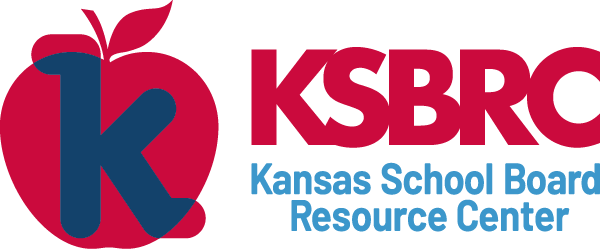A committee of lawmakers forwarded a proposal that would increase school funding by about $500 million over the next 5 years. A Kansas House education committee scheduled an evening meeting to consider the proposal by Rep. Steven Johnson, an Assaria Republican.
Though the committee forwarded the proposal for considering by the full House, they did so without a recommendation for passage. Committee members also expressed doubt that the Kansas Supreme Court would accept the proposal, which adds about $100 million to schools each year for the next 5 years. The proposal is in addition to the nearly $200 million more already scheduled to go to schools.
“I think we’re rolling the dice,” Rep. Ed Trimmer, a Winfield Democrat, told the committee.
In an October opinion, Justices gave lawmakers an April 30 deadline to draft a new school financing mechanism. The plan the House committee adopted tops out at approximately $500 million in new school funding in 5 years. After that date, increases to state base aid per pupil would be tied to inflation.
Rep. Melissa Rooker, a Fairway Republican, told the committee the proposal is a good-faith effort.
“This is a credible number that gets us in the neighborhood that we need to be in,” she said.
According to a recent school study, lawmakers need to add between $1.7 and $2 billion in new spending to increase the state’s graduation to 95 percent, but Dave Trabert, president of the Kansas Policy Institute, said using graduation rates as an accountability metric does a disservice to Kansas kids, because it ignores that some students receive diplomas regardless of whether warranted by their academic accomplishments.
“Graduation rates are meaningless,” Trabert said. “Guess who has a better graduation rate than Kansas? West Virginia.”
West Virginia’s graduation rate is 90 percent, but only 19 percent of its students are college ready based on their ACT scores. Kansas’ high school graduation is a little more than 86 percent, but 29 percent of Kansas students are college ready based on their ACT scores. Trabert says 2017 state assessments show that 43 percent of Kansas 10th graders were below grade level in math, and 31 were below grade level in language arts. Those numbers consistently show performance declines between 8th and 10th grade.
“And yet we’re asked to believe that 10th graders magically reverse course and become proficient by graduation,” he said. “And then large numbers of them fall out of proficiency over the summer and sign up for remedial training in college.”
 In the Kansas Supreme Court ruling, Justices didn’t demand an increase in graduation rates. Instead, they wrote school funding should be calculated so that students can meet the Rose standards, a set of standards created in a 1989 Kentucky court ruling. Lawmakers didn’t discuss how the $500 million in new funding addresses the standards, and they were uncertain whether the proposal would require a tax increase. Johnson said an internet sales tax proposal coupled with projected increases in state revenue, due to federal tax reform, could pay for the new school funding.
In the Kansas Supreme Court ruling, Justices didn’t demand an increase in graduation rates. Instead, they wrote school funding should be calculated so that students can meet the Rose standards, a set of standards created in a 1989 Kentucky court ruling. Lawmakers didn’t discuss how the $500 million in new funding addresses the standards, and they were uncertain whether the proposal would require a tax increase. Johnson said an internet sales tax proposal coupled with projected increases in state revenue, due to federal tax reform, could pay for the new school funding.
Trabert said those are both tax increases.
A February report estimates state revenues will see a boost of about $138 million as a result of the changes in federal tax law. Kansans are paying less in federal income tax this year, leaving more money in their pockets. That extra, however, remains subject to Kansas income tax.
“Legislators need to walk back the federal windfall, because that’s an income tax increase,” Trabert said.
Passing an internet sales tax to pad state revenues is also a tax increase, he said.
“It would be one thing to say we’re going to raise taxes through an internet sales tax and use that to reduce the sales tax rate or use it to reduce the grocery sales tax,” he said. “Passing that interest sales tax to collect more revenue, that’s a tax increase designed so government can spend more money. It’s bad policy.”



